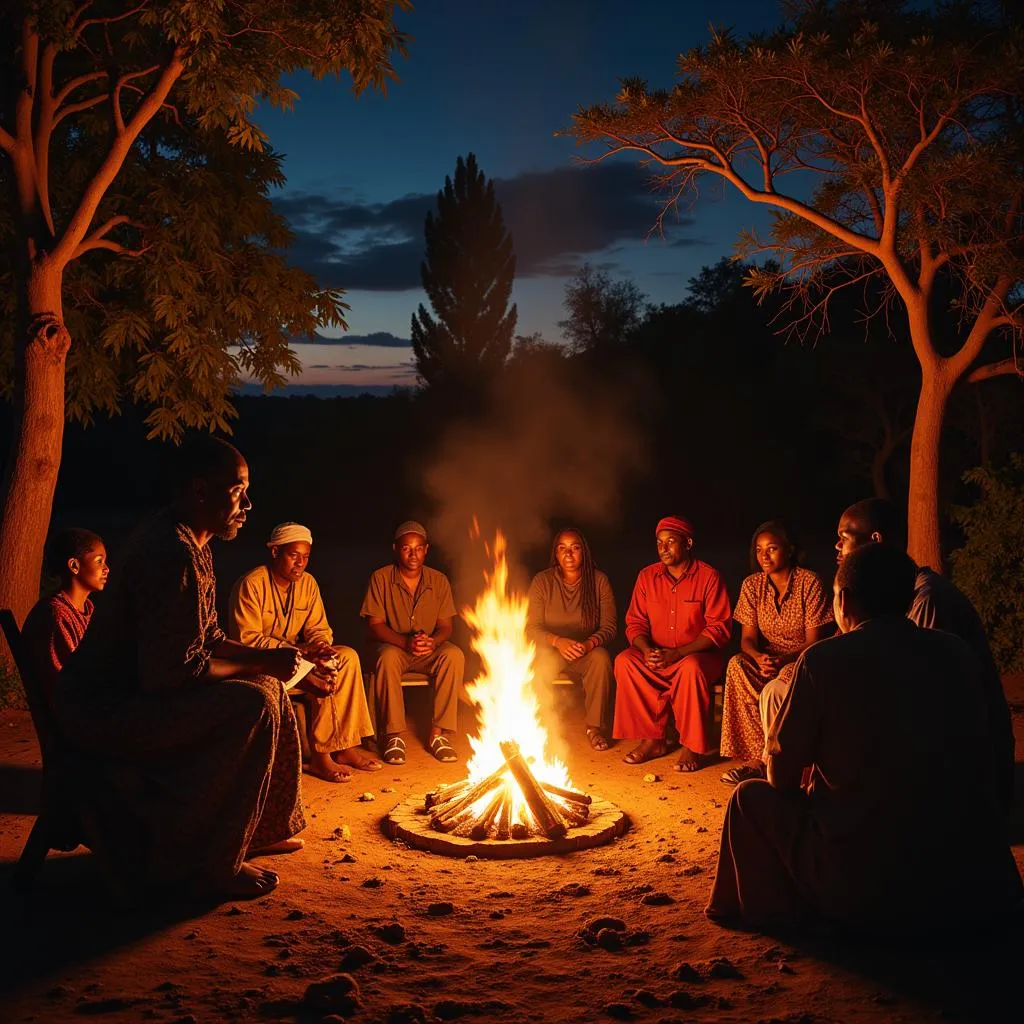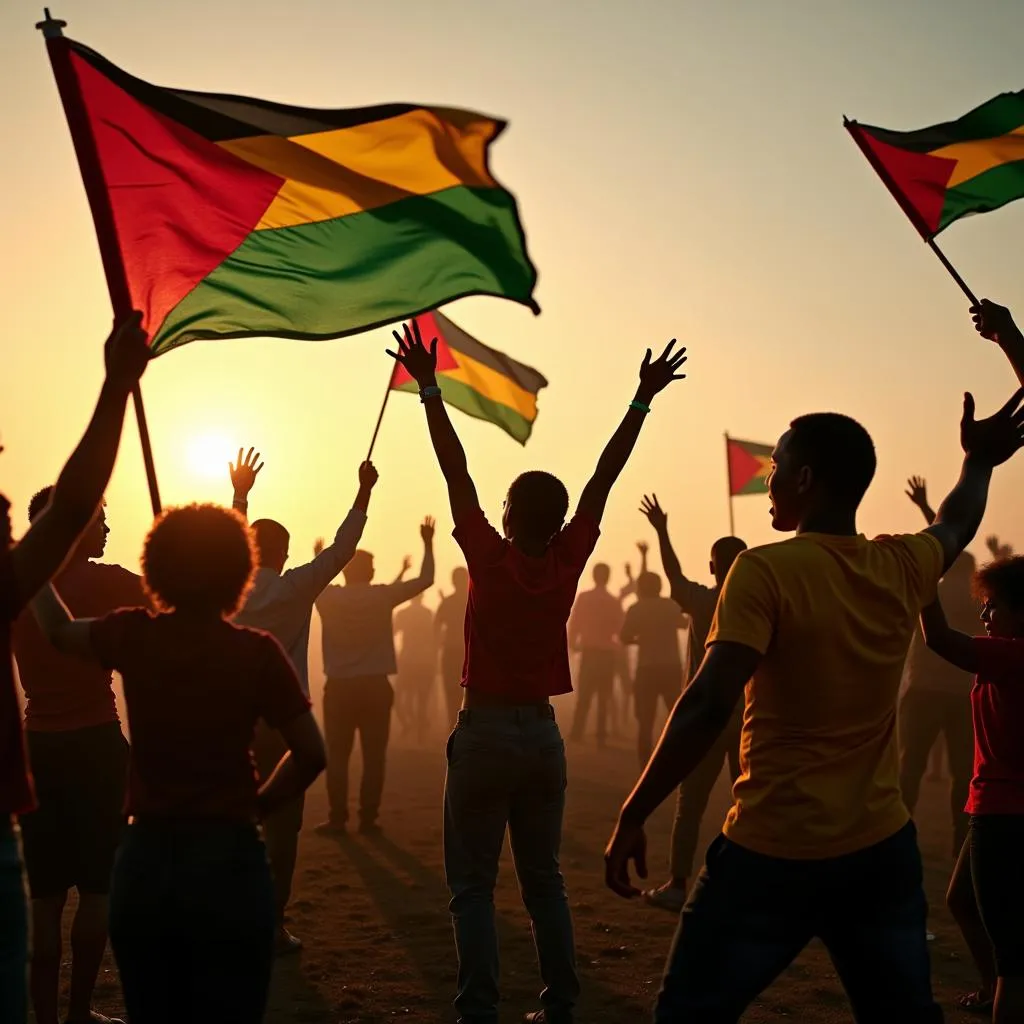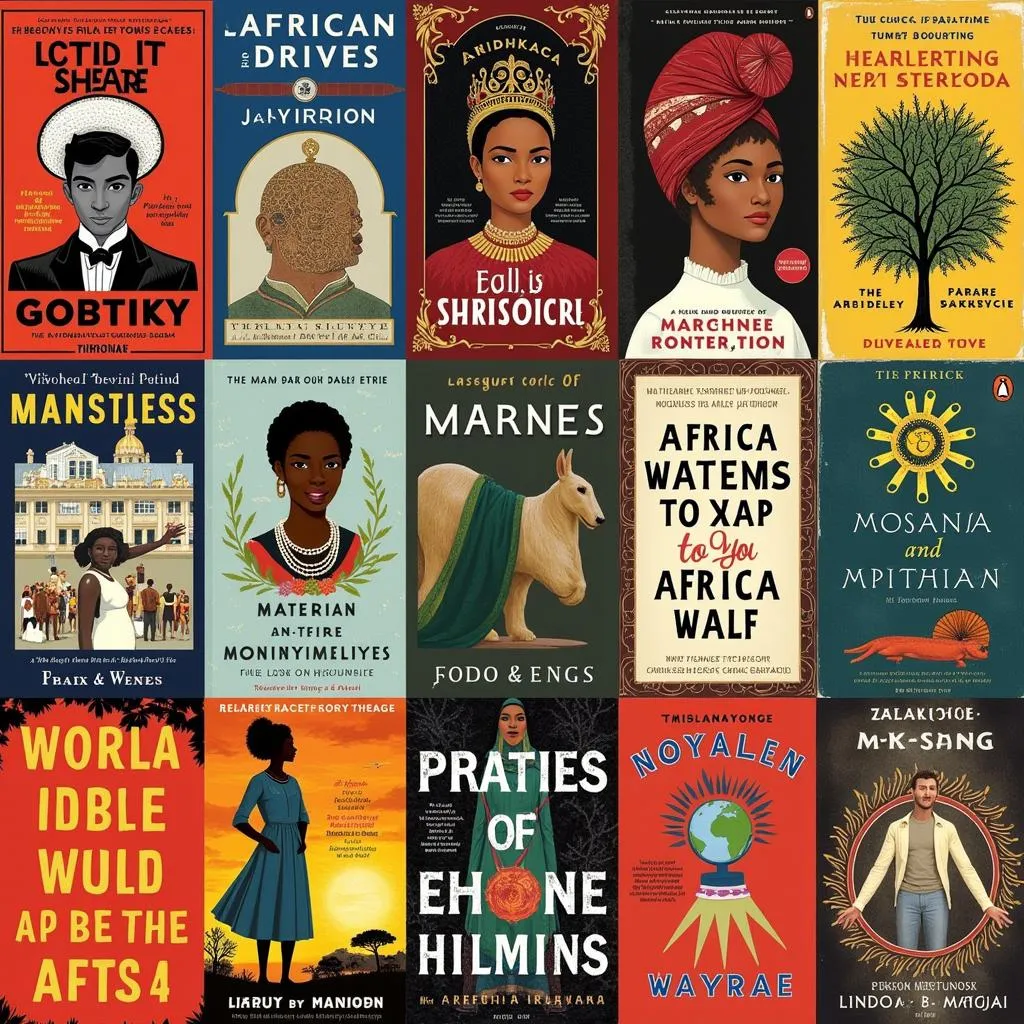Unveiling African History Through the Words of African Authors
African history, rich and multifaceted, has often been viewed through a lens shaped by external narratives. Yet, the most authentic and insightful perspectives on the continent’s past come from those who have lived and breathed its realities: African authors. Exploring “African History By African Authors” opens a door to understanding the continent’s struggles, triumphs, and complexities with unparalleled depth and nuance.
Why African Authors Matter in Understanding African History
For centuries, the telling of African history was dominated by non-African voices, often perpetuating stereotypes and biased interpretations. African authors, however, offer a powerful counter-narrative, drawing from oral traditions, indigenous knowledge systems, and lived experiences to present a more accurate and empowering view of the past. These voices challenge Eurocentric perspectives, highlight the diversity of African cultures, and reclaim ownership over the continent’s historical narrative.
 African Storytelling Tradition
African Storytelling Tradition
Key Themes Explored by African Authors
African authors delve into a vast array of themes, providing a holistic understanding of the continent’s historical trajectory. Colonialism and its enduring legacies, the fight for independence, the complexities of post-colonial nation-building, and the resilience of African cultures are just a few of the critical areas explored. They shed light on the impact of slavery, the dynamics of inter-tribal relations, the role of women in shaping societies, and the influence of religion and spirituality.
 African Independence Celebration
African Independence Celebration
Notable African Authors and Their Contributions
Numerous African authors have made significant contributions to the understanding of the continent’s history. Chinua Achebe, with his seminal work “Things Fall Apart,” exposed the devastating effects of colonialism on Igbo society. Ngũgĩ wa Thiong’o, a literary giant, has consistently challenged colonial language and thought through his writings, advocating for the use of African languages in literature. Chimamanda Ngozi Adichie, a contemporary voice, tackles themes of gender, identity, and the Biafran War in her acclaimed novels. These are just a few examples of the many talented authors who provide invaluable insights into the African experience.
 African Authors Bookshelf
African Authors Bookshelf
The Importance of Reading African History by African Authors
Engaging with African history through the works of African authors fosters a deeper understanding and appreciation for the continent’s complexities. It allows readers to move beyond simplistic narratives and grapple with the realities of colonialism, resistance, cultural diversity, and the ongoing pursuit of social and political transformation. By amplifying African voices, we gain a more accurate, nuanced, and enriching perspective on history.
Conclusion
Exploring “African history by African authors” is essential for anyone seeking a comprehensive and authentic understanding of the continent’s past. These authors offer invaluable insights into the forces that have shaped Africa, the challenges it has faced, and the enduring spirit of its people. By engaging with their narratives, we contribute to a more inclusive and accurate representation of history, one that recognizes the agency, resilience, and rich tapestry of African experiences.
